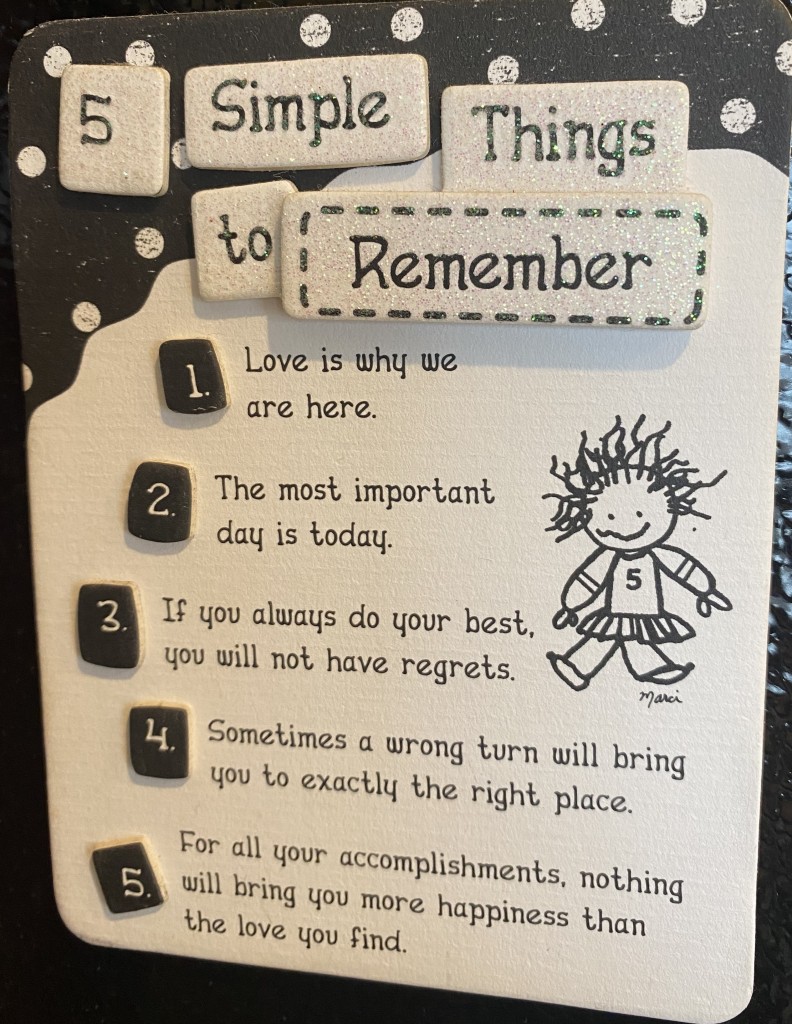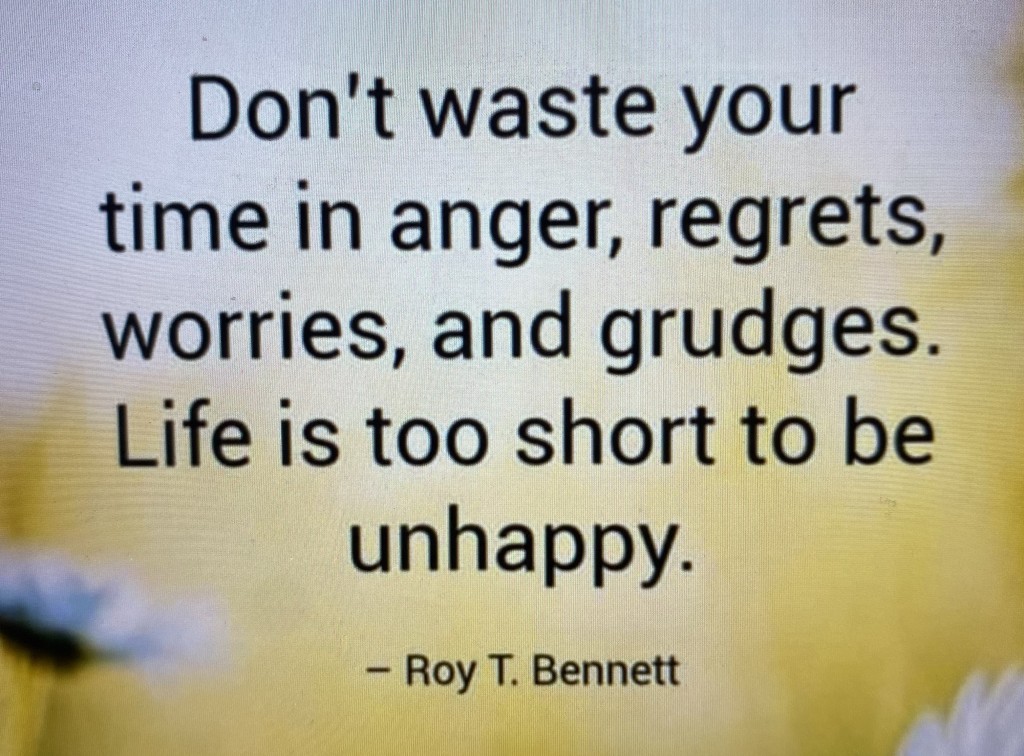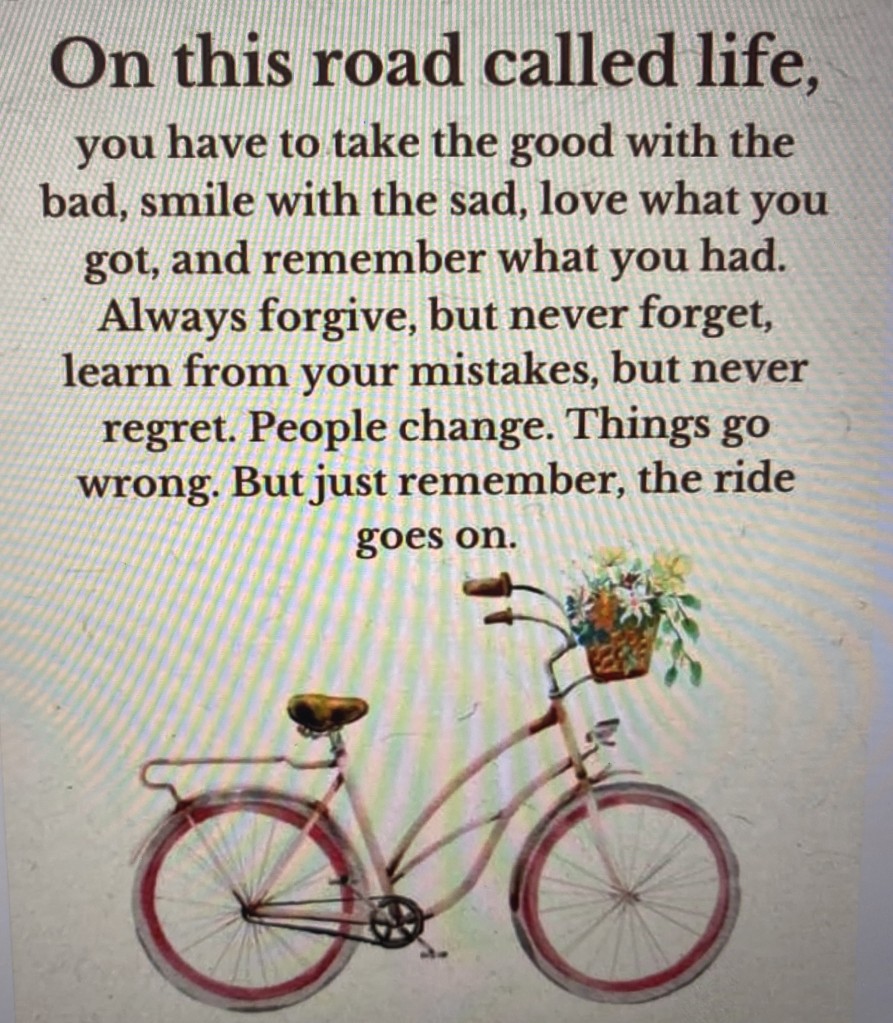
I was speaking with a new friend recently about her career. She had recently retired and was sharing her experience. While she did not give any details, she made the statement that “the hardest thing about working is the coworkers!” I have heard this so many times over the years that I decided the subject is worthy of a blog. I decided to broaden the subject to “getting along well with others.”
One of the richest experiences we have in life are our relationships. We spend so much time with others at work and in our personal lives that we need to know how to make our relationships with others positive, not negative. Just like many things we talk about in my blogs, this is not easy to do.

There are many different types of people and personalities. It is easier to get along well with those who are like us. When we have differences, be they perspective, personality, age, gender, life experiences, and many other differences, it is harder to get along well with others. This is especially true when we think we are right and the other person is wrong, and we even tell them so! When we add to this the control issues that are sometimes involved, we have situations that too often end up with misunderstandings and hurt feelings.

Some of the differences we have with others are easy to observe, such as gender, and others are more hidden, such as experiences and perspectives. When we assume the other person is like us, our assumptions can cause us difficulties. When we communicate with others from our dominant communication style, we can create even more difficulties. While it is not always easy to determine another’s experiences and perspectives, we can communicate with others in a manner that can build relationships.
This is a big subject, impossible to fully explore in this blog. So, I will give a few helpful points that can help us stay out of trouble with others. Note that I say, “can help us stay out of trouble with others.” There are no guarantees. Regardless of what we say and do, there are some people with whom nothing we do will work. Those are the people we should avoid being around, when possible.

Getting along well with others, especially those who are not like us, requires that we figure out a few things about them, without being obvious about it. For example, is the other person a direct communicator, or an indirect communicator? Regardless of which one of these we are, we should communicate with the other person in their style, not ours. A direct communicator uses less words, gets to the bottom line quickly, and does not “soften” what they say. One who is more indirect in their style uses qualifiers, which often “soften” what is being said. “It seems like” is an example of a qualifier phrase, as is “In my experience.” Qualifier words include “perhaps,” “maybe,” and “sometimes.” We can understand the other person’s style by asking a question such as, “What has been your experience with this?” If the answer is definitive, the style may be direct, not indirect. If the style is more indirect, we should respond in kind. If we are too direct with an indirect person, they may react, either overtly or covertly.
Words to use that are best to use to draw out the opinion of others are “what” and “how.” We should avoid using the word “why,” since this word can create a situation in which the other person feels put on the spot. We can get the same information by using “what” and “how.” Also, determine if the other person is more open, or more reserved in their communication style. People who are more open volunteer their thoughts and opinions. Those who are more reserved often wait for the other person to initiate conversation.

One other tip. To get along well with others, ask more questions and make less statements. The type of questions that are best are those that draw out the opinion of the other person, without being too direct. Questions such as “What has been your experience with this?” That is a better question to ask than “What do you think about…….?” While this is a subtle difference, it is an important one.
Communication is our most valuable asset in getting along well with others. We will not always get it right. Using these few pointers can help us to be more effective when working and living with others.

